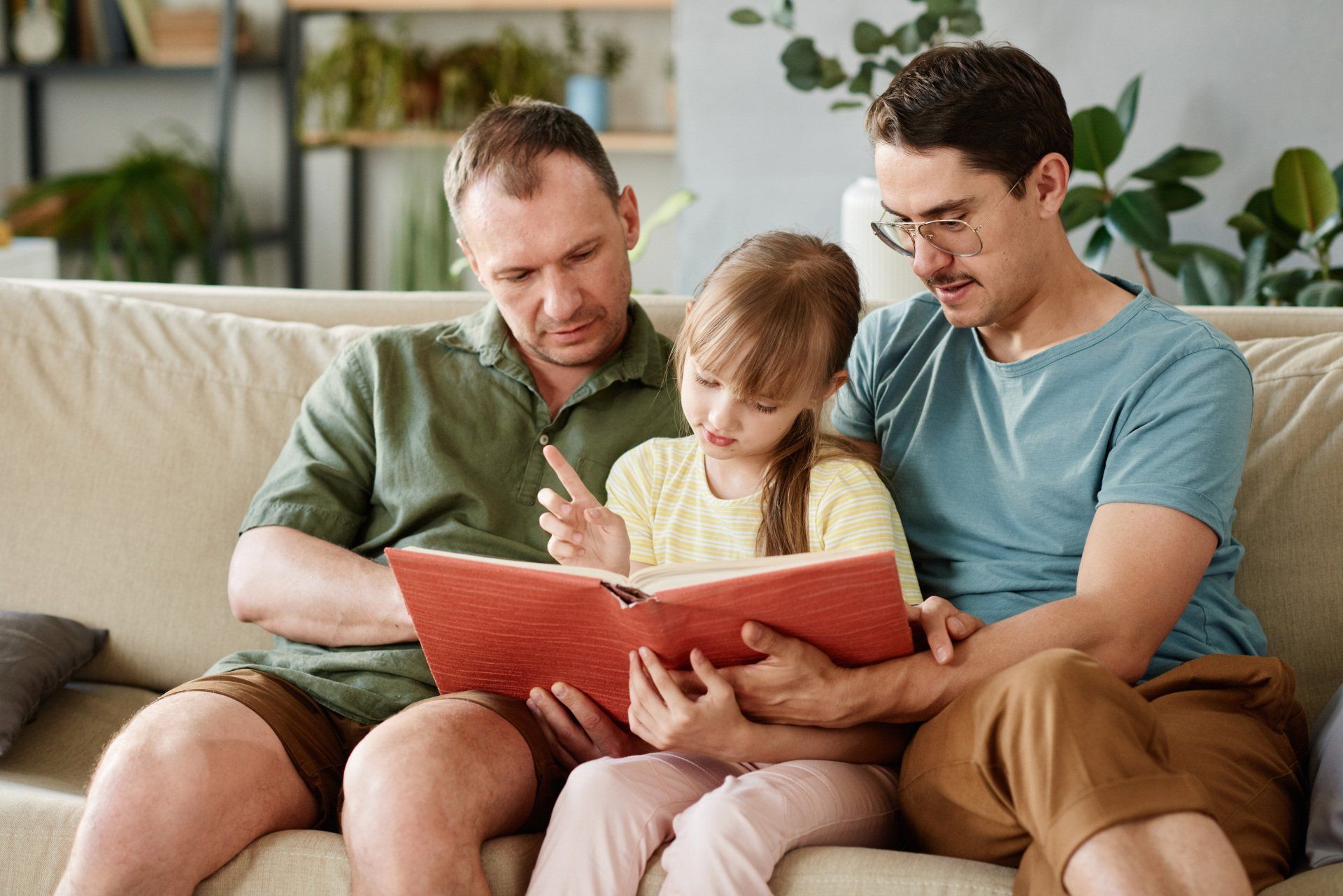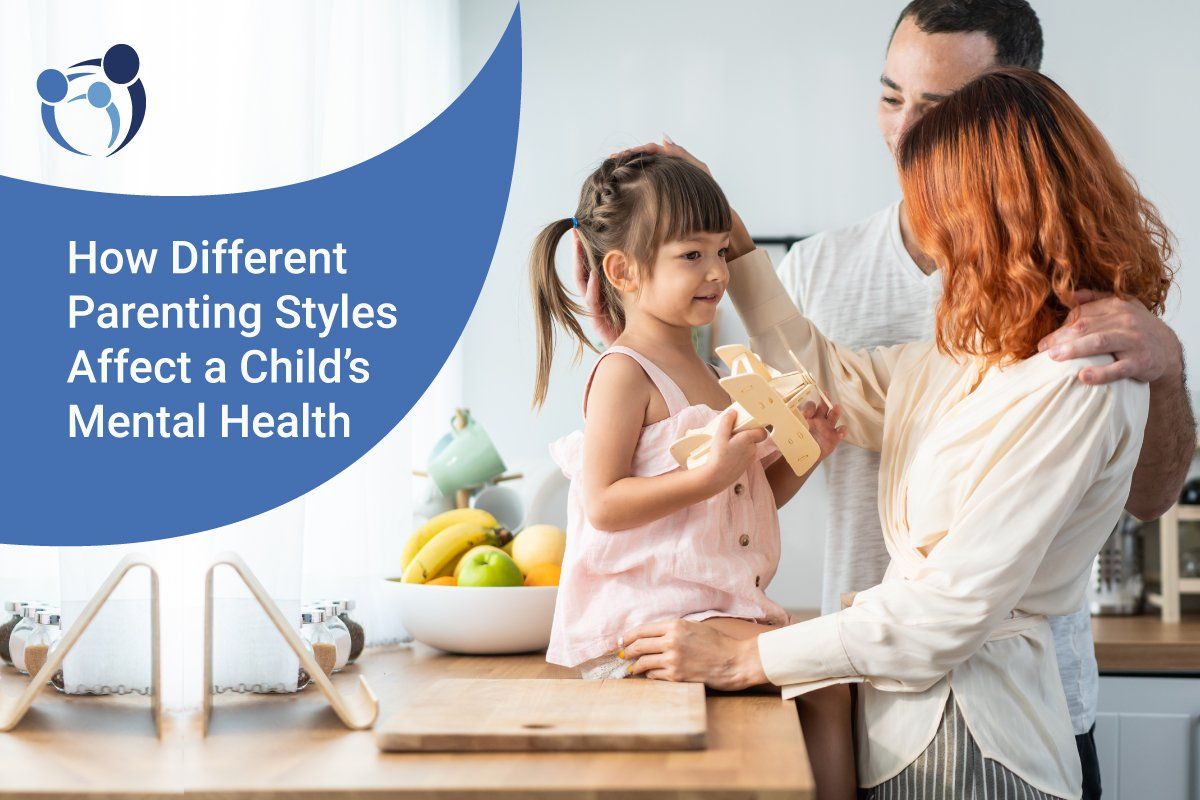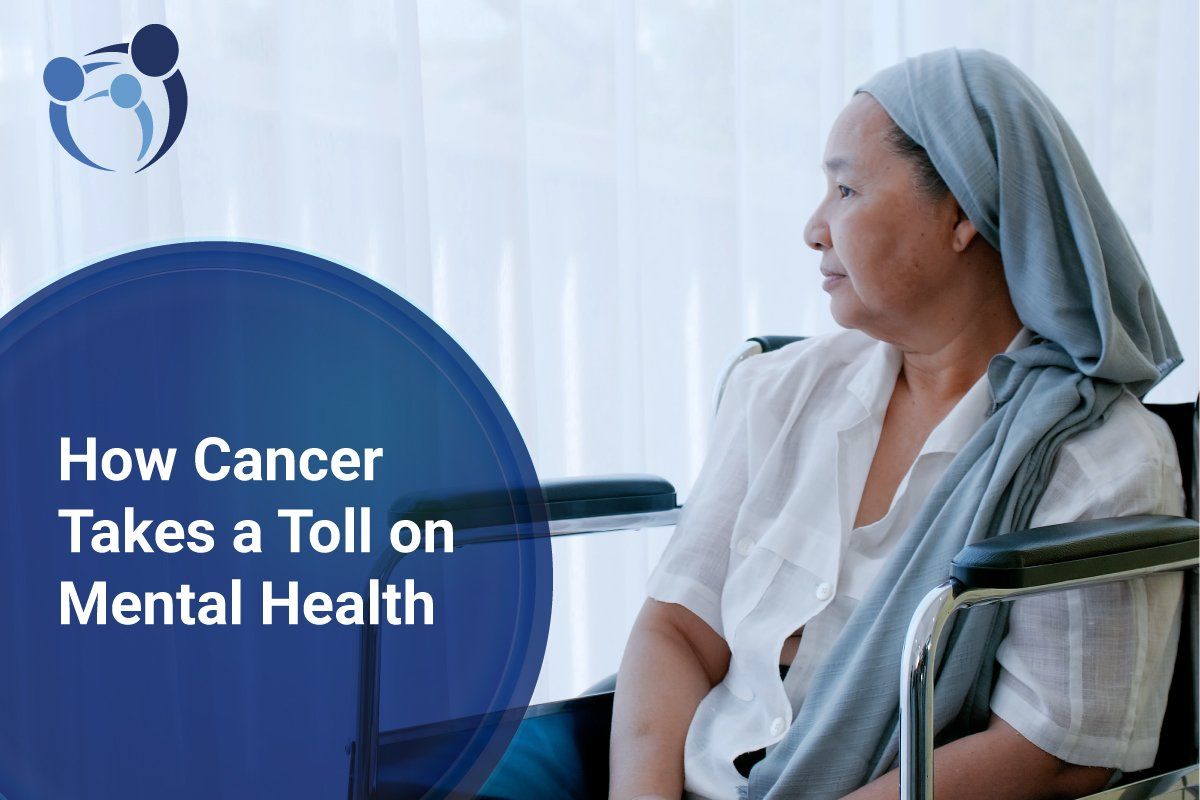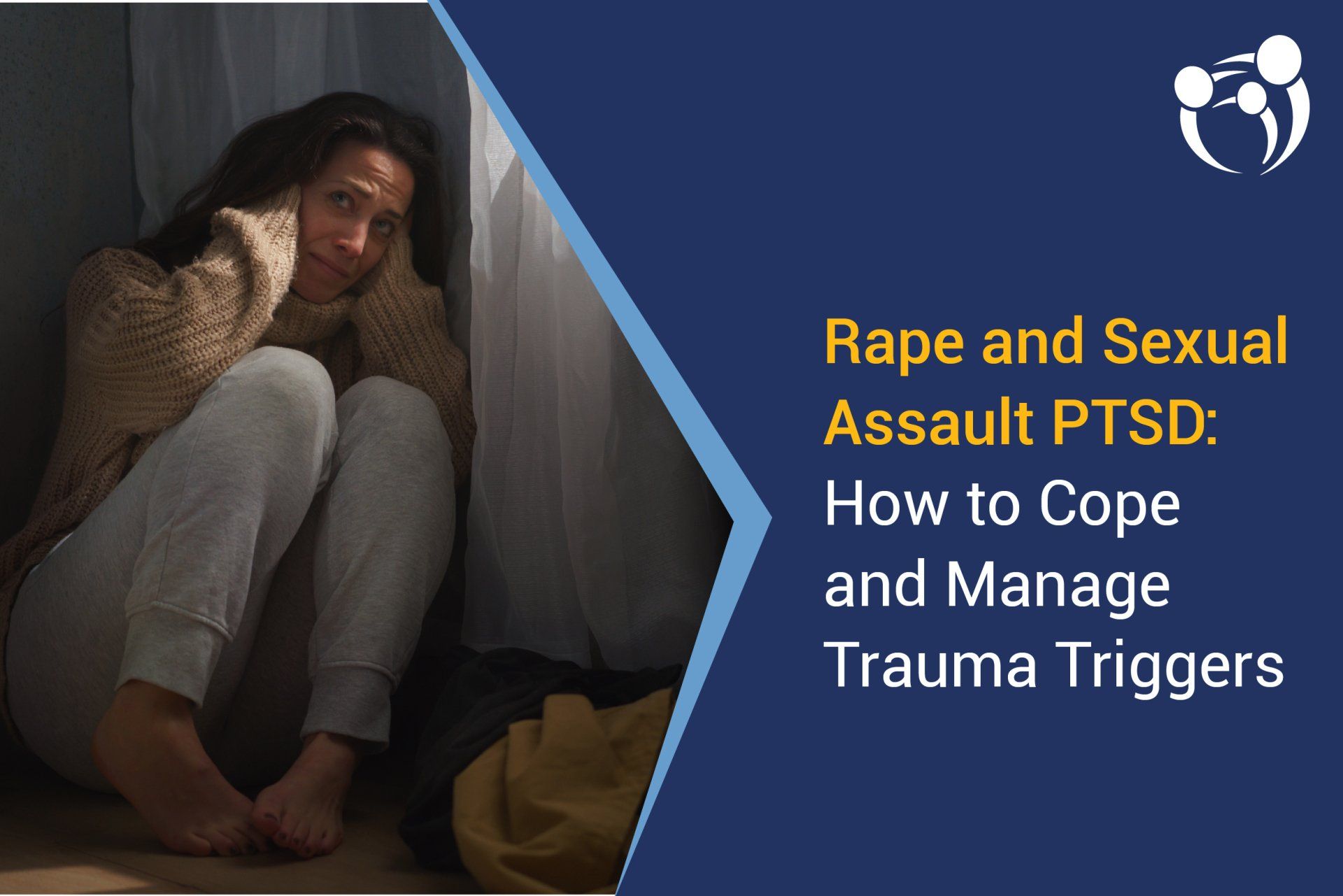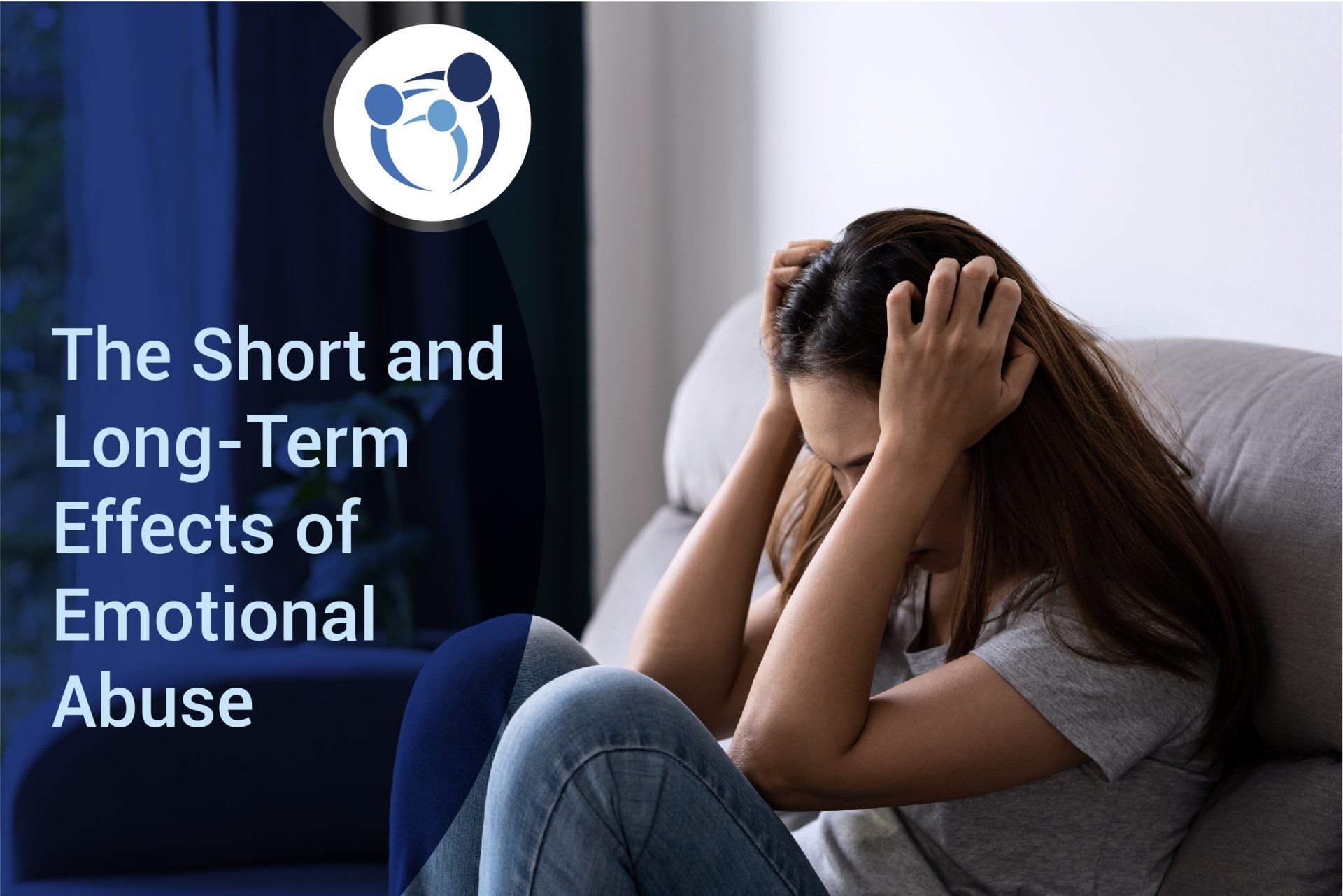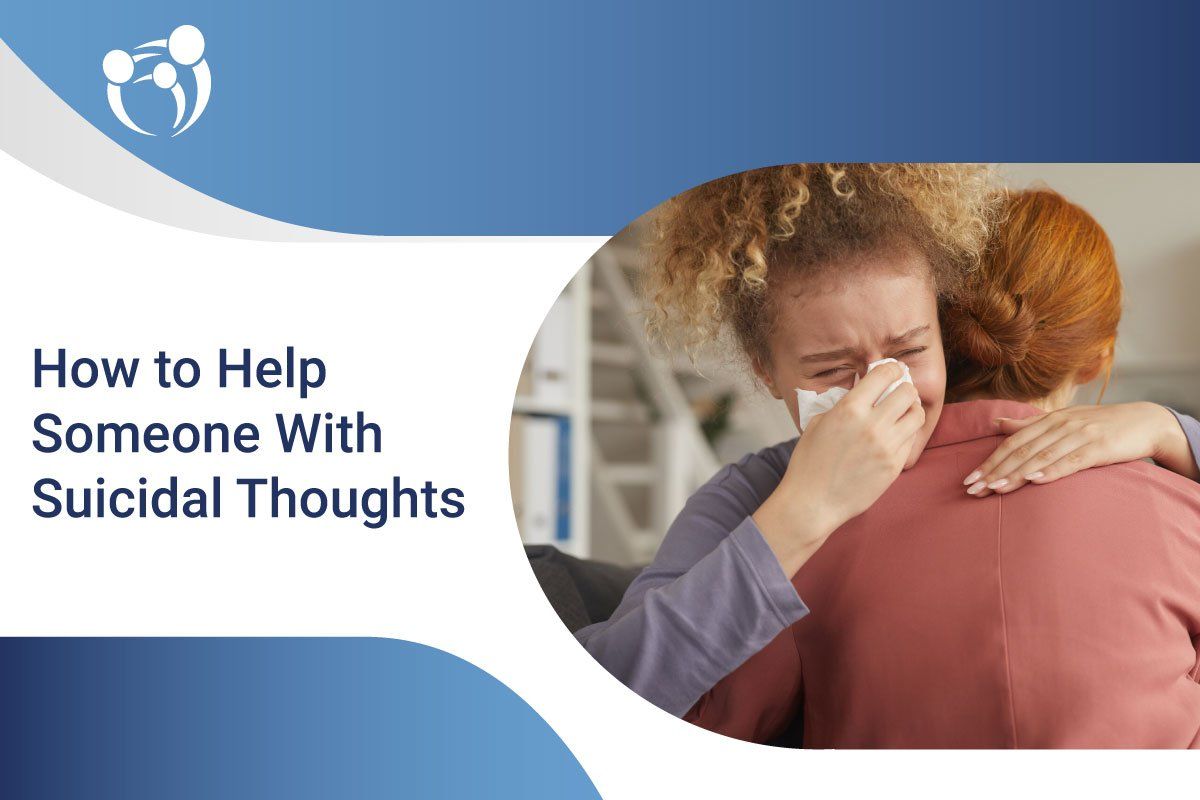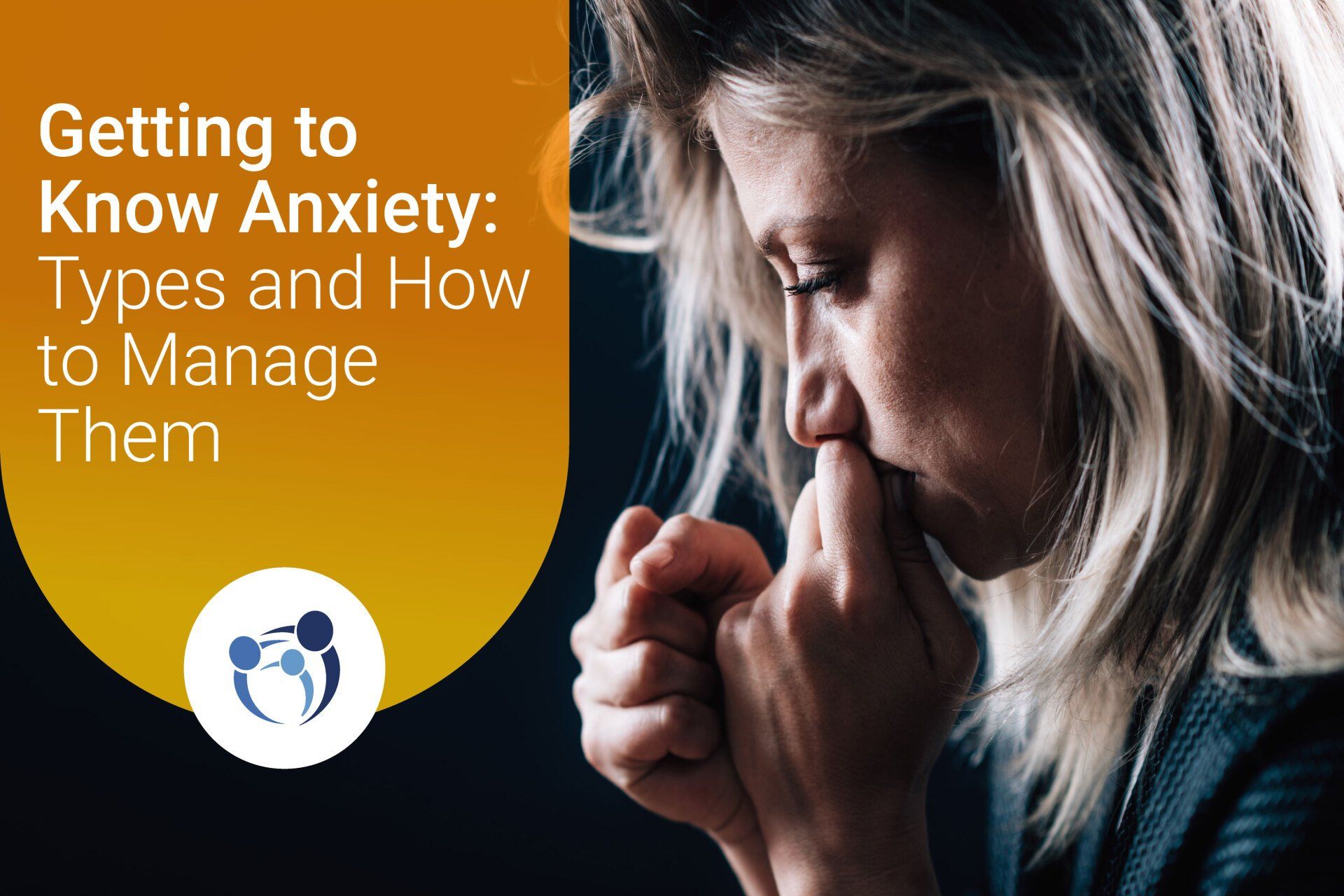What is PCIT?
Let’s face it: being a parent is tough. And, it’s even tougher when you have a child who has been exhibiting behavioral problems that are hard to handle.
But did you know that the way you respond or react to your child’s behavior can have detrimental, long-term effects on their growth and well-being if done in a negative way?
Fortunately, there are some programs that are designed to lend parents a helping hand when it comes to harnessing the tools needed to get rid of negative parenting techniques. One of the best therapies for this is called
Parent-Child Interaction Therapy (PCIT).
PCIT is an evidence-based treatment that helps parents develop a healthier relationship with a child that struggles with appropriately expressing their feelings. By learning how to react to children in a way that enforces positive boundaries and interactions, it creates room for healing.
Who It Benefits:
Designed to help strengthen the bond between parent-child relationships, PCIT is typically open to young children (usually under the age of 10) and their parents.
Some of the child
behaviors that are often treated in PCIT include:
- Frequent outbursts
- Displays of aggression or destructive behavior
- Inability to sit still, excessive fidgeting
- Withdrawn behavior
- Defiance toward adults
- Difficulty getting along with peers
Children who have been recommended for PCIT have also commonly been diagnosed with one or more of the following:
- Anxiety disorders
- Autism spectrum disorder (ASD)
- Oppositional defiant disorder (ODD)
- Attention-deficit/hyperactivity disorder (ADHD)
- Selective mutism
- Children exposed to trauma or abuse (PTSD)
If your child exhibits any of these things, it may be time to consult a mental health professional to see if this kind of therapy would be right for you and your child.
While seeking help is crucial, just remember that there is hope. By getting ahead of behavioral issues at a young age, children are much more likely to lead healthier, fuller lives in the future.
Ultimately though, PCIT is a treatment that benefits the whole family. Upon successful completion of the program, families will become stronger as healthy communication is opened between parent-child relationships and stress is relieved from the household.
How It Works:
Developed nearly 50 years ago by psychologist Dr. Sheila Eyberg, the treatment has proven to be highly effective in many
studies.
Unique from other therapies, not only does PCIT treat the affected children, but it treats the parents, too. After all, good parenting isn’t just a skill you wake up with one morning and don’t have to practice. Instead, it takes hard work to learn how to do it.
Fortunately, teaching helpful skills and techniques to aid parents in developing positive interactions with their children is exactly what PCIT does.
For example, in a
typical session, therapists and patients are separated by a room as child and parent are monitored from afar. By using bug-in-ear (BIE) technology, this allows the therapist to discreetly direct and guide the parent’s words and actions in response to their child’s behavior. It also creates a calming atmosphere for the child in order to promote the most natural environment and results.
Usually, this kind of therapy can be completed in about 20 sessions on a weekly basis. During that time, the treatment is split into two
phases.
Phase One:
The first phase is all about forming a safe space for children and parents to grow in. This focuses on healing the parent-child relationship and building trust. During this time, parents can learn how to help their child feel secure, relaxed and more confident.
Upon completion of phase one, expected
results are as follows:
- Less frequent negative attention-seeking behavior
- Fewer tantrums or outbursts
- Child will feel safer and more comfortable in environment
- Child growth in confidence both socially and emotionally
- Improvements in attention-span
- Improved parent-child communication
- Less stress and more patience for parents
- Stronger bond between parent-child
Phase Two:
During phase two, parents are given the tools and training to help manage the “worst of the worst” behaviors. By working with trained therapists, parents will be able to approach situations with their children calmly and with proven strategies that really work.
After phase two, parents and children should be able to notice these
changes:
- A decrease in harmful or destructive behavior
- Improved behavior at home and in public
- Increased obedience of house rules, less defiance
- Consistent use of healthier parenting
- More respect between child-parent relationship
- A calmer household
A Center for Mental Wellness offers
therapy solutions for you and your family.
Contact us today to make an appointment or to learn more about how we can help. #BuildingABetterTomorrow
